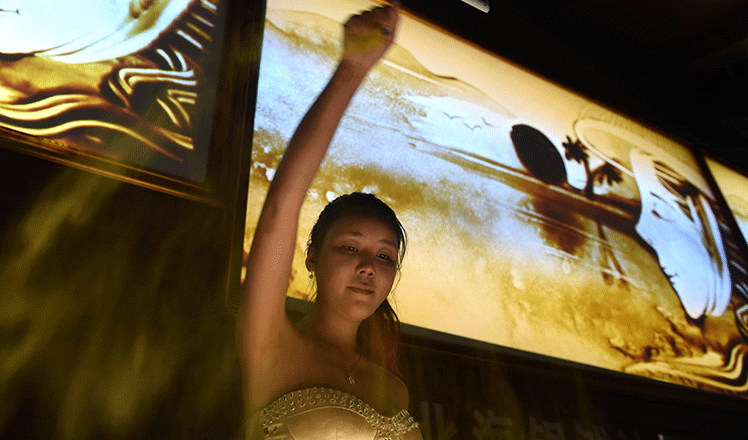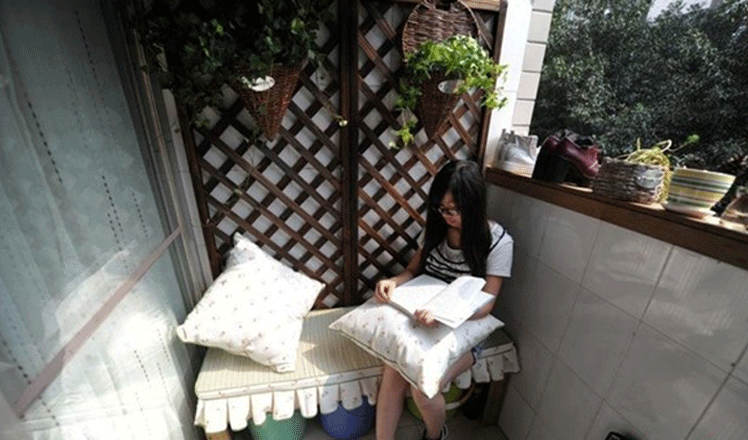Avoid deals too good to be true, tourists told
Updated: 2015-10-26 07:56
By Cao Yin(China Daily)
|
||||||||
Administration says people should stay away from offers that may involve shady practices
Tourists will be punished if they do not abide by contracts they sign with travel agencies that offer incredibly cheap tour packages, China's top tourism watchdog said on Sunday.
As travel agencies are being strictly regulated, the inspection team of China National Tourism Administration issued a statement targeting tourists as well, ordering them to resist the temptation to buy too-good-to-be-true cheap trips, the main problem plaguing the tourism market across the country, and not to sign misleading contracts.
Some travel agencies make use of extremely low-priced trips to attract tourists and then make profits from the tourists by forcing them to buy goods at designated places-a practice that has been banned under a guideline issued by the authority in late September.
When the price of a tourism product is 30 percent lower than a local government guide price, it is considered an "unreasonably cheap" trip, according to government guidelines. The guidelines state that it's a violation of the law and disrupts the market.
Forcing tourists to shop is a serious problem in Yunnan province, said Peng Zhikai, the leader of the inspection department and a senior official of the authority, who pointed out that a five-day tour of Yunnan provided by several travel agencies is only 1,300 yuan ($205).
That does not even cover the airline cost, which is estimated at 1,900 yuan, Peng said, adding that many tourists would be pressured to buy jade and silver souvenirs during their trip to make up for the low-price tourism product.
Travel agencies that offer the unreasonably cheap trips will face a temporary suspension of business and fines, the guideline added.
Tourists are urged to oppose the agencies' improper behavior, but travelers who signmis-leading tourism contracts will also receive punishment instead of compensation, the authority said.
Some agencies privately change tour plans before they sign a contract with travelers, and they benefit by reducing visiting time and adding the shopping time, the authority said, adding that the contract, in fact, is to evade local tourism administrations' inspections.
In such a situation, tourists are encouraged to report, not to sign the contract, it said, suggesting travelers read tour plans carefully.
In addition, the authority is studying specific punishments for tourists who do not behave well during a tour.
Wei Xiao'an, secretary-general of the China Tourism Leisure Association, said tourists should take some responsibility for their actions on a trip, especially when they take advantage of the low-priced trips.
Travelers will not enjoy better services if they buy a lower-price product, Wei said, suggesting the tourism authority not spend more time handling such complaints.
Mi Lan, 29, who loves to travel, showed her understanding of the authority's statement and the guideline, saying that the regulation for tourists is reasonable.
Tourists should control themselves and "take responsibility for what they did," said Mi, an employee of a foreign-owned company in Beijing.
Su Zhou contributed to this story.
caoyin@chinadaily.com.cn

 Sister cities mingle in Chicago
Sister cities mingle in Chicago
 Girl with a sand painting dream
Girl with a sand painting dream
 Decorating benefactors make a dorm a cozy home
Decorating benefactors make a dorm a cozy home
 The world in photos: Oct 19 - 25
The world in photos: Oct 19 - 25
 Hamilton takes third F1 title after US thriller
Hamilton takes third F1 title after US thriller
 Qipaos sizzle on the runway as China Fashion Week kicks off
Qipaos sizzle on the runway as China Fashion Week kicks off
 President Xi visits Man City football club
President Xi visits Man City football club
 British PM Cameron treats President Xi to beer, fish and chips in English pub
British PM Cameron treats President Xi to beer, fish and chips in English pub
Most Viewed
Editor's Picks

|

|

|

|

|

|
Today's Top News
Tu first Chinese to win Nobel Prize in Medicine
Huntsman says Sino-US relationship needs common goals
Xi pledges $2 billion to help developing countries
Young people from US look forward to Xi's state visit: Survey
US to accept more refugees than planned
Li calls on State-owned firms to tap more global markets
Apple's iOS App Store suffers first major attack
Japan enacts new security laws to overturn postwar pacifism
US Weekly

|

|







